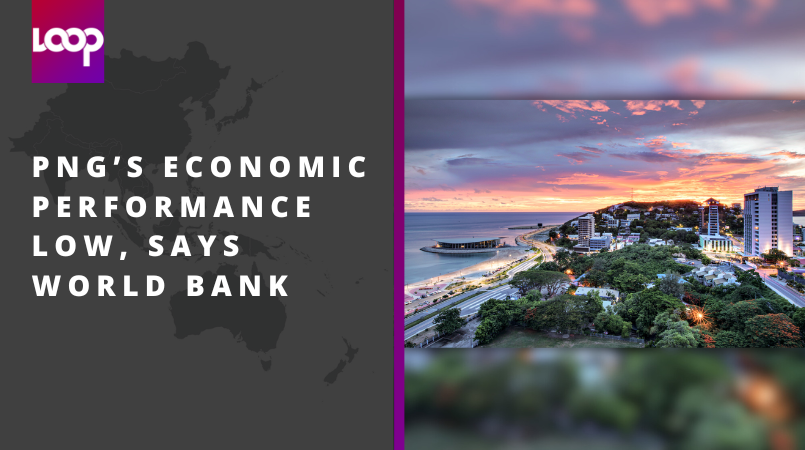
Papua New Guinea has abundant natural resource wealth, but this wealth has not translated into welfare gains for most citizens.
According to the World Bank’s Country Program Evaluation released recently, although resource sector development, associated infrastructure spending, and high commodity prices have spurred growth, the resource sector accounts for a negligible share of employment and has not distributed local welfare benefits.
This Country Program Evaluation (CPE) report assesses the relevance and effectiveness of World Bank Group support to Papua New Guinea between fiscal year FY08 and FY23.
The Report has indicated that systemic gender inequality, underinvestment in non-extractive sectors, and fragility compounded by vulnerability to disasters caused by natural hazards act as barriers to sustainable and inclusive growth in PNG.
The World Bank’s Country Program Evaluation assesses the Bank Group’s development effectiveness in addressing the three core themes, namely:
- lack of investment in Papua New Guinea’s non-extractive sectors and their poor performance,
- the economic exclusion of women and gender-based violence (GBV) issues associated with it, and
- Unmitigated risks of disaster from natural hazards, and violence, and conflict.
The Report has also indicated that there is little investment in extractive sectors, such as agriculture, and no growth in the share of nonagricultural jobs—a key indicator of economic transformation.
Growth is obstructed by an overvaluation of the currency (the kina) achieved through rationing foreign exchange which dampens investment, diminishes productivity, and increases export costs.
High levels of insecurity, inhospitable terrain and poor infrastructure, and low human capital further contribute to the high cost and lack of competitiveness in the no resource sectors.
The Report further highlighted that that State-owned enterprises with poor service delivery and high debt have crowded out private sector activity.
It also evaluated that political fragmentation, a diverse sociocultural political economy, and dependence on extractives have contributed to intense competition among political elites, political instability, and institutional weakness.
The votes of no confidence are a major mechanism driving the fragmentation of parliament.
As a result, long-term policy making is difficult, and the interests of large portions of the population remain unserved.
The resulting environment of weak institutions and weak enforcement of law and order thus facilitates the proliferation of corruption and rent-seeking behavior.
The Report recommends that Data gaps need to be addressed to inform sound policy making and effective programming in Papua New Guinea.
Using data has helped the World Bank engage in previously neglected sectors, such as health (tuberculosis) and nutrition (maternal, newborn, and child health and stunted growth in children), and on sensitive issues, such as gender equality.
Yet a lack of timely economic and social data, especially household survey data, continues to undermine strategic decision-making and program targeting.
Secondly, the Report pointed out that declining governance quality and increasing bilateral aid will require the World Bank to reassess how it supports key policy reforms to achieve development impact, including through using DPOs.
Coupled with the World Bank’s limited leverage over other key donors, Papua New Guinea’s insufficient political capability to credibly commit to sustained policy reform is at the heart of the matter, particularly policies that constrain government spending and promote inclusive growth.
The Report further highlighted that the Bank Group could elevate its impact on gender equality and GBV by shifting from a project-centric approach to a strategic country engagement approach.
This will require assessing and sharing information better about the effectiveness of its different approaches to gender integration and GBV (including across sociocultural contexts), internally and as part of a wider country dialogue with clients and donor partners.
Finally, the Report elaborated that the negative effects that compound and interrelated risks pose to achieving development aims need to be addressed more comprehensively.
